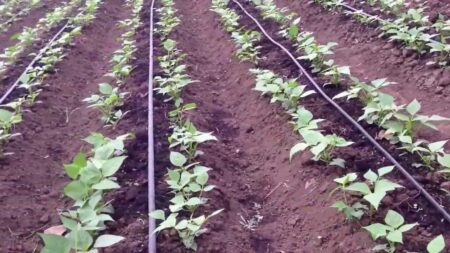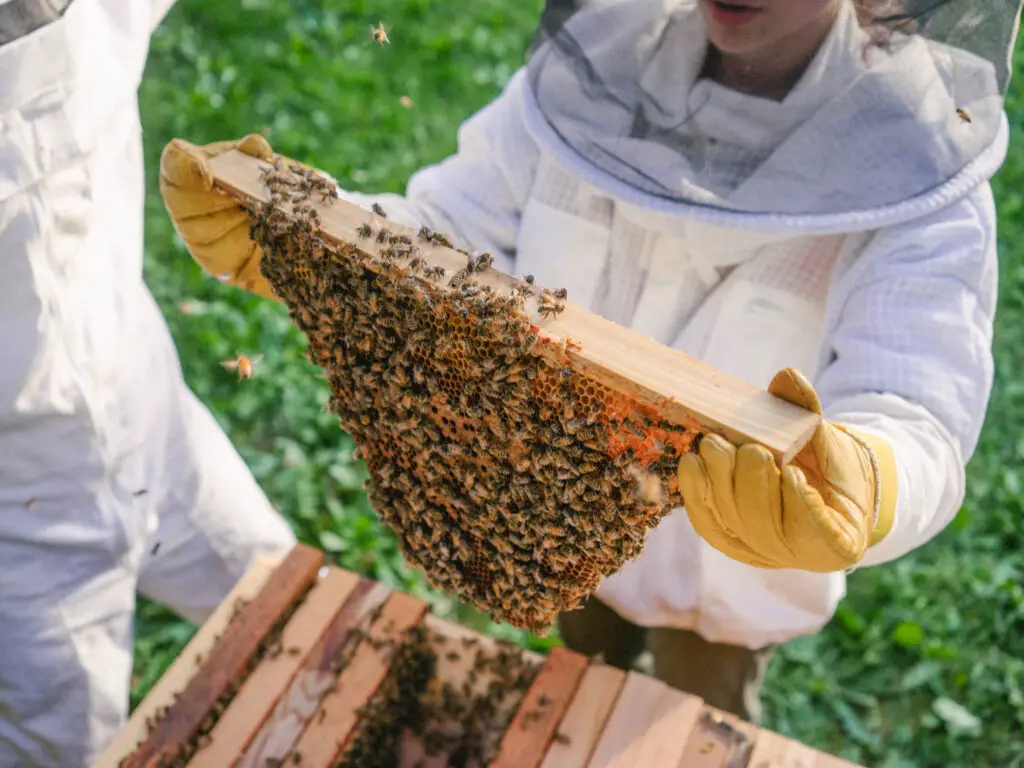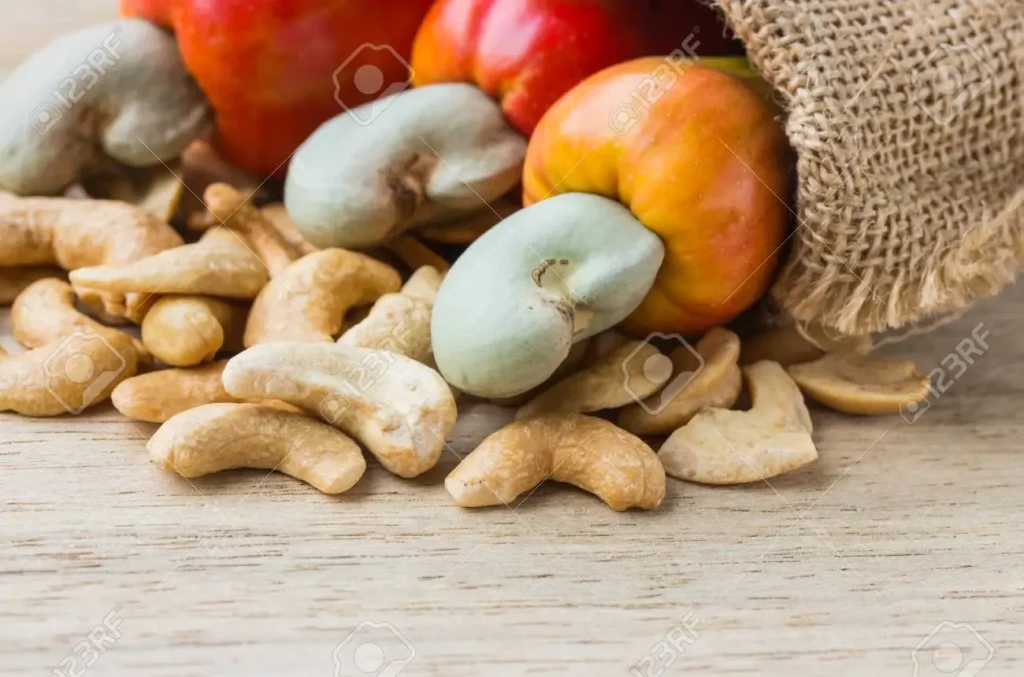- Africa’s new dawn: the rising role of digital and AI in agriculture
- Can Dangote Refinery Transform Africa Energy Ambition
- Gallup Survey: 80 per cent of Kenyan Workers Are Disengaged and Seek New Opportunities
- Madagascar Man Freed from 5KG Tumor After 15-Year Struggle
- How women in Africa are perceived and treated
- Sugar consumption in Kenya to Increase to 1.23 Million Tonnes
- Can Somalia and Turkey Oil deal Bring Change in Somaliland
- Remittances to Kenya dropped to $371.6 million in June, marking a six month low
Browsing: African Agriculture Fund (AAF)
- The future of agriculture is digital not the hand-hoe
- The more efficient a farm is, the more productive it becomes without necessarily increasing land size.
- AfDB awards US$140,000 in grants to AgriPitch competition winners
Agriculture development for food security and poverty reduction cannot be realized without the adaptation of digital solutions.
Digital solutions offer more effective traceability, compliance and farm management systems which make the commercial, large or small, much more effective. In these modern times of food scarcity in the face of ever-increasing demand, efficiency is the name of the game.
The more efficient a farm is, the more productive it becomes without necessarily increasing land size or the amount of crops or animals.
“When it comes to subsistence agriculture, digital transformation is no longer a choice – it’s a need. You can either go digital or disappear,” warns Simon Winter, Executive Director at Syngenta Foundation for Sustainable Agriculture …
- The kit has all the basics for adaptation in rural settings; affordability, accessibility, and ease of use and maintenance.
- This micro-irrigation kit brings much needed watering solution in arid and semi-arid regions as well as in the highlands where access to water can be limited.
- The project has already reached some 4,275 micro-investors operating across 115 savings and loan groups
A low-tech micro-irrigation solution is providing high impact results for thousands of farmers in Tanzania.
The tech is a small irrigation gear referred to as a micro-irrigation kit that has been introduced to farmers in Tanzania’s Southern regions like in the Kigoma Region.
The kit has all the basics for adaptation in rural settings; affordability, accessibility, and ease of use and maintenance.
This micro-irrigation kit brings much needed watering solution in arid and semi-arid regions as well as in the highlands where access to water can be limited.
The irrigation …
- According to the US review has maintained a solid macroeconomic foundation, sound fiscal policies, and rich natural endowments.
- The report credits Samia’s administration for its ‘strong regulatory framework, sound macroeconomic fundamentals and creation of a vibrant financial market.’
- the US recognizes Tanzania’s favorable investment policies under president Samia Suluhu Hassan.
Tanzania’s President Samia Suluhu Hassan promised reforms to improve the country’s business climate when she came into power in 2021 and singled out attracting foreign investment as a key priority. Suluhu’s shift in policy to attract investment will be part of the discussion with US Vice President Kamala Harris who visits the country this week as part of a three-state visit by Harris.
“This commitment to increasing investment has continued throughout her tenure and economic issues remain at the forefront of the administration’s policies, strategies, and goals,” notes the U.S. Department of State.
Absa Bank Africa Financial Markets Index 2022 …
- Tanzania launches Youth Guarantee Scheme and Loan Facility
- Special scheme to give 11,000 acres to its youth for agriculture
- Youth empowerment initiative to be overseen by the Agricultural Input Trust Fund
Tanzania is giving land to the youth to boost agricultural productivity and create employment.
While speaking at the Africa Food Summit in Dakar, Senegal, Tanzania President Samia Suluhu Hassan announced that the state will give 11,000 acres to it’s youth for agricultural production.
Suluhu explained that the decision is part of the country’s ‘Building a Better Tommorrow’ (BBT) initiative. Through a special programme, the Tanzanian government has announced that it will give qualifying youth access to land ownership as part of the country’s ongoing initiative to secure economic empowerment for its youth, the largest part of its population. (santaritalandscaping.com/)
The move is part of an ongoing national agricultural development initiative that is meant to develop the sector …
Factors for the low adoption rate surround the lack of sector information. For example, the researchers point out that there is ‘uncertainty among potential adopters with respect to potential gains vis-à-vis the cost of adoption.’
Other factors include the cost of adoption and use of modern agriculture technology and lack of adequate knowledge on how to use modern agriculture technology when it is available.
Introduction of modern agriculture technologies in beekeeping is expected to enhance efficiency along with beekeepers’ earnings and welfare in Tanzania. This is because about 99%, beekeeping in Tanzania is done by small scale beekeepers who use traditional beehives made of logs, barks and guards.
Even the harvesting process is very rudiment using fire and smoke to keep bees away, a hazardous trade especially considering that most traditional beehives are kept high on trees.…
To combat climate change and to mitigate its effects, Africa must adopt modern agriculture technologies, machine innovations and engineering for resilient crop varieties. Modern agriculture technologies help to manage farmers’ risks and even improve product quality which in turn brings about better prices.
Also, when it comes to modern agriculture technologies, there is renewed attention towards value addition, agro-processing and post-harvest management. These factors add to the need for increased investment in agriculture because they all translate to increased income and creation of employment opportunities.
This brings us to the question of funding. Where are countries supposed to get the money to invest in agriculture? To answer this question, African countries, almost all 55 of them, signed the 2003 Maputo Declaration, pledging to dedicate 10% of their annual budget to agriculture, but to date, few have done so.…










